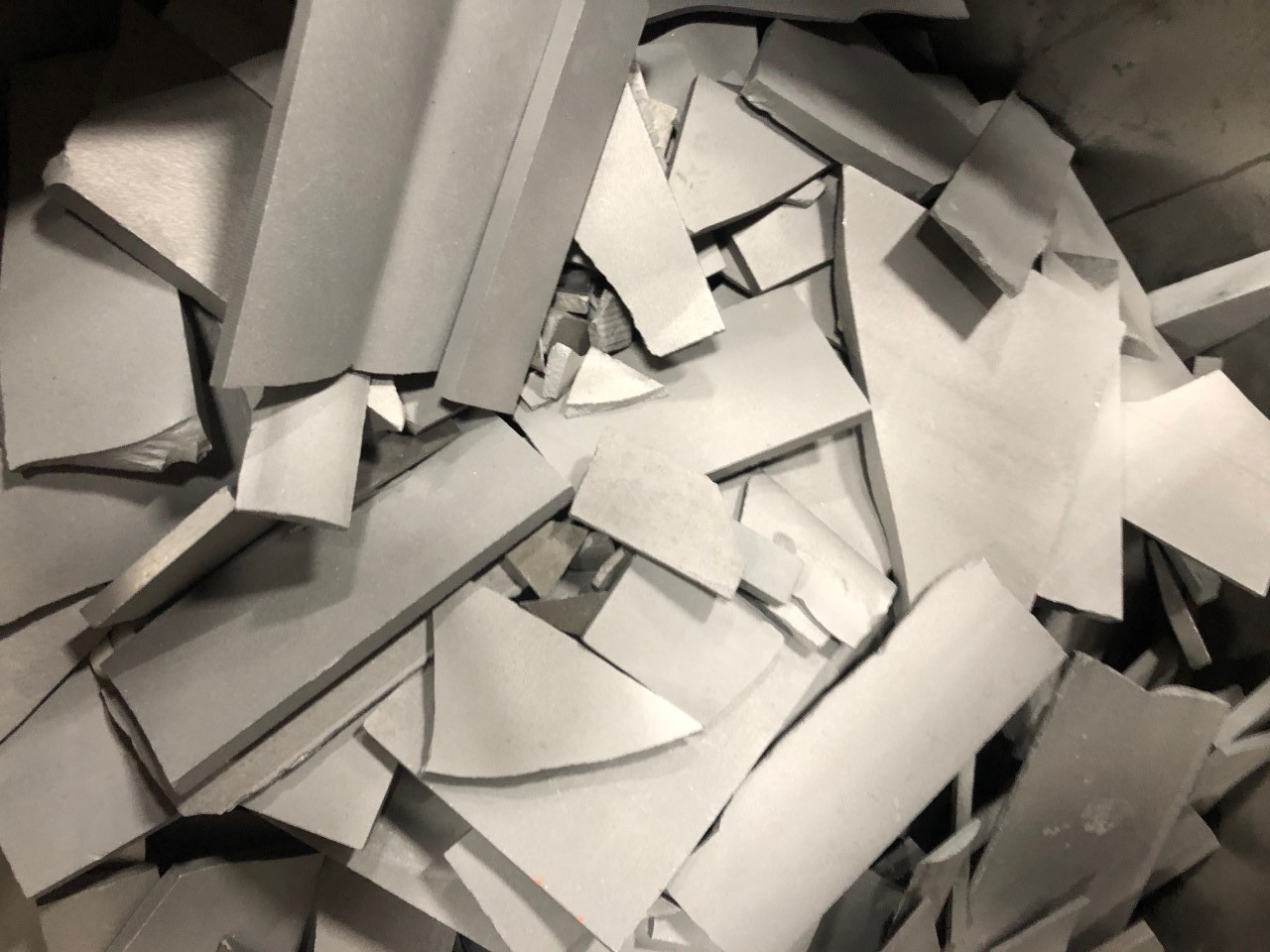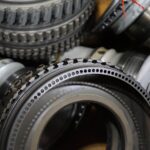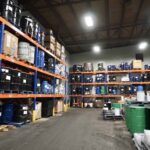
The criticality of materials such as niobium has become an import factor in advanced economies. Niobium is considered a unique interest metal because it’s relevant for emerging technologies. As growth puts pressure on supply, this further increases its economic importance. Niobium’s unique properties of high melting points and extreme resistance to heat make it vital to the production of a wide range of products. They are used in energy, high-tech, communications, defense, and medical sectors. Niobium, along with its twin tantalum, cannot be substituted for other materials without sacrificing high performance and increased costs.
Primary Sources for the Recycling of Niobium
The majority of niobium, 75%, is used in the important production of high strength steel alloys (HSLA). They are used in the construction of pipelines, transportation industries, and structural applications.
After HSLA and stainless steel, the next biggest consumer of niobium, roughly 20% is in the consumption of superalloys. These materials have outstanding mechanical strength, corrosion and oxidation resistance, and creep resistance at high temperatures. These alloys are designed for extreme temperatures applications used to make parts in jet and rocket engines, gas turbines and turbochargers. The aerospace and power generation sectors are the biggest consumers of these types of alloys. The most crucial superalloy is the nickel-based alloy Inconel 718, which contains approximately 5% niobium. In addition to this long list of accolades of “super properties,” niobium is in the production of superconducting magnets. These superconducting magnets are made from niobium-tin, niobium-germanium, and niobium-titanium alloys, which are used to create a range of key devices such as magnetic resonance imaging (MRI) scanners to particle accelerators. Niobium superalloy magnets play a crucial role in the Hadron Collider in Europe where magnetic fields confine particle beams of protons travelling at the speed of light to collide. Scientists study these collisions to investigate antimatter and dark matter. There is a massive project up on the drawing board to more than double the size of this current collider with a price tag of US$27 billion dollars. All of this is good news for niobium metal recycling. The global demand for niobium will only continue to increase, as it remains a critical material that has no real alternative substitutes.
Opportunities to Maximize the Recycling of Scrap Metal containing Niobium
The most significant source of niobium is present in HSLA and superalloys. The typical recycling process of niobium is usually by re-melting. One of the main barriers to improving the recycling rate is not enough attention is given to the composition of the steel scrap during recycling. Much niobium is diluted to lower grade steel and or is lost in the slag phase. One of the best ways to improve the current recycling rates of niobium is to increase the efficiency of the sorting of steel scrap from other steel fractions. In the future, as the portions of steel become available from other sources including pipelines, and other applications that use HSLA, more niobium will be recovered by improving the sorting of steel scrap.
We are Expert Recyclers
At Globe Metal, our edge is that we provide exceptional service, and handle all types of mixed materials. We make sure all materials are graded, properly sorted and processed. Our clients always get fair market value for their materials. We build strong business relationships with our suppliers, working hard to guarantee that all transactions run quickly, smoothly and efficiently.
If you want to find out the value of your material, send us a sample. We will quote you the best prices after analysis.
Our sales staff will answer any questions. Please send us an email at sales@globemetal.com or reach out to us at 1-800-700-6382 .
Follow us on LinkedIn and like us on Facebook to learn about metal recycling knowledge and latest news.
Globe Metal is a proud member of Minor Metals Trade Association.


